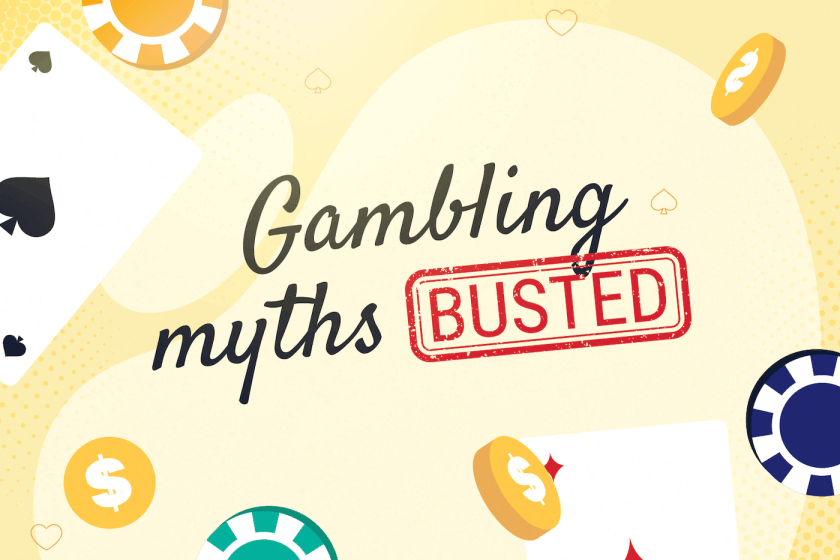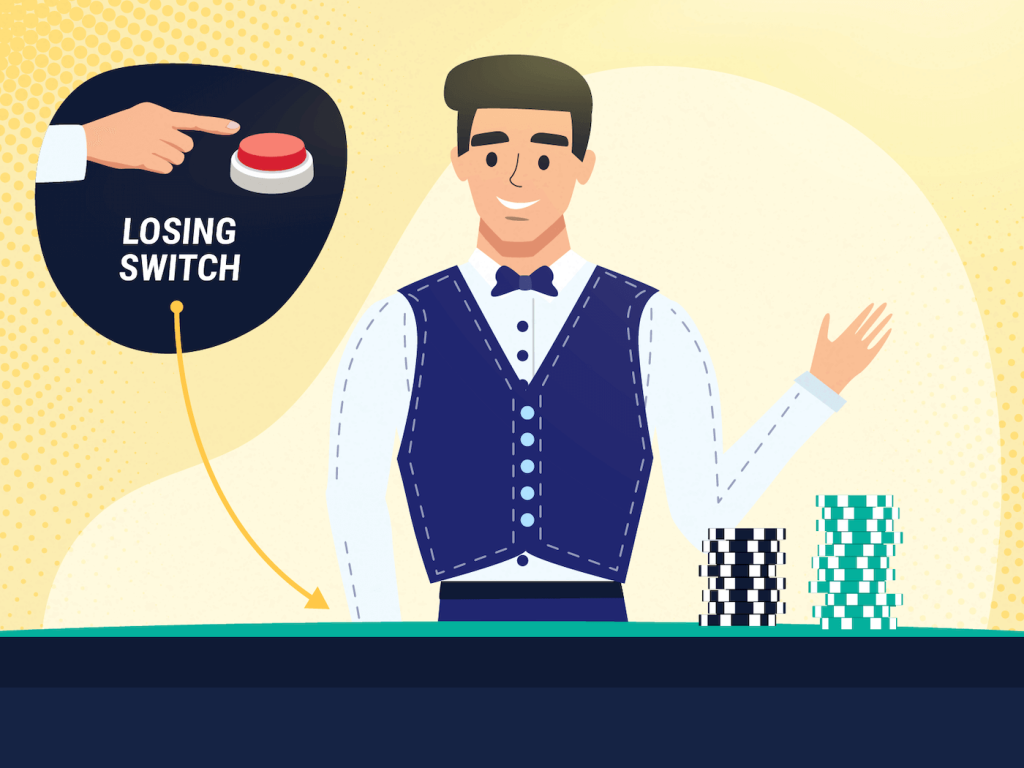10 Widespread Gambling Myths Busted: Facts Every Player Should Know

Misconceptions about gambling are everywhere. From tales of cheating casinos to fears of arrest for card counting, these myths often obscure the reality of how gambling truly works. Here, we break down the top 10 gambling myths, providing facts that can help you enjoy your gaming experience with clarity and confidence.
Myth 1: Casinos Enhance Air with Oxygen or Pheromones to Encourage Gambling
One of the most persistent rumors is that casinos secretly infuse extra oxygen or even pheromones into the air to keep patrons alert and gambling longer. This simply isn’t true. In reality, pumping additional oxygen into a closed space dramatically raises the risk of fire-a hazard no casino wants. Tampering with ventilation systems is also illegal in many jurisdictions, making this practice both dangerous and unlawful. So, when you’re on the casino floor, rest assured the air is standard and strictly regulated.
Myth 2: Casino Games Are Always Fixed Against the Player
A common misconception is that all casino games are blatantly rigged. In truth, licensed casinos rely on a built-in house edge-a statistical advantage that plays out over thousands of games and many players. This doesn’t guarantee you’ll lose every time; the house edge just ensures the casino’s long-term profitability.
For electronic games like slots, fairness is ensured with Random Number Generators (RNGs), software that guarantees each spin is wholly independent and unpredictable. Regulatory bodies frequently audit these RNGs for compliance and fairness, offering players a reliably random experience each time. While the house does have an edge, the outcome of each round remains truly random, giving all players equal opportunity with every bet.
Myth 3: Card Counting in Blackjack Will Land You in Jail

The notion that counting cards is a criminal offense is unfounded. Card counting-using your memory and math skills to track which cards remain in the deck-is not illegal in any major gaming jurisdiction. What may happen, however, is that casinos, keen to protect their edge, can ask suspected card counters to leave or bar them from playing further. At worst, your information might be shared with other gambling venues. But you will not be arrested or prosecuted just for being a skilled player; the myth persists mainly because casinos would rather you didn’t try it.
Myth 4: Gambling Is Not Addictive
Believing that gambling can't become addictive is not only incorrect but also dangerous. The excitement of winning can release feel-good chemicals like dopamine in the brain, prompting some players to chase ever bigger wins. This escalating behavior can lead to serious gambling issues.
Enjoying the occasional wager is fine for many people, but recognizing the potential for addiction is vital. Responsible gamblers set spending or time limits before they play and stick to them to help ensure gambling stays a fun, controlled activity.
Myth 5: Slot Machines Run Hot and Cold Streaks
Many slot players believe some machines are “hot” (paying out frequently) or “cold” (barely paying out), and try to switch based on perceived patterns. This notion is a myth. Slot outcomes are governed by RNGs, meaning every spin is entirely independent of the last. Sometimes, wins land close together; other times, long wait periods occur. But it’s purely coincidental-there’s no predictable pattern. Don’t fall for anyone claiming otherwise.
Myth 6: You're Guaranteed a Win If You Haven’t Won Recently
This common misconception is called the Gambler’s Fallacy: the idea that you’re “due” a win after a streak of losses because the odds have to “even out.” In reality, each game’s result is independent. On a roulette wheel, for example, a string of reds doesn’t increase the likelihood of black appearing next.
The same applies to slot machines-whether they’ve just paid out or not, each spin has the same chances as the last. Past outcomes do not influence future results.
Myth 7: Dealers Manipulate Games When You’re Winning Too Much

Some players think dealers might subtly change their methods if a player is on a hot streak, manipulating the outcome to make the player lose. In reality, casinos don’t need to cheat-the structure of the games ensures the house makes a profit over time. Regulators also keep a close watch on both the processes and staff conduct at legitimate casinos.
Furthermore, the training needed to consistently manipulate outcomes without detection would be far more costly than simply allowing lucky players to have their moment. Casinos thrive when players sometimes win big, which keeps the games engaging and attracts players.
Myth 8: All Casino Games Are Purely Luck-Based
While luck is a significant factor in casino gaming-especially in slots and roulette-some popular games also reward skill and strategy. Blackjack and poker, for example, offer knowledgeable players a noticeable edge through smart play, card tracking, or even bluffing. These elements can influence outcomes, setting these games apart from those entirely reliant on chance.
Myth 9: Slots Pay Out More When the Casino Is Busy
Another popular belief is that slot machines in crowded casinos pay out more frequently because more people are playing. The reality: slot outcomes are individually determined by RNGs, not by how busy the casino is. Your chances of winning remain the same, regardless of how many others are playing at the same time.
However, there’s a twist when it comes to progressive jackpot slots. These games accumulate their big prize faster with more people playing, meaning jackpots might reach larger amounts more quickly in busy casinos. Similarly, tournaments held at bustling venues can have larger prize pools due to more participants. The odds for an individual spin, though, don't change based on the crowd.
Myth 10: Online Casinos Never Payout Winnings

There’s a widespread concern that online casinos are scams that withhold winnings. In truth, any properly licensed and regulated online casino will pay out legitimate wins, provided all terms-like wagering requirements on bonuses-are met. Often, confusion arises when players don’t read or understand these requirements, leading to disputes about payouts. As long as you choose a recognized, licensed operator and satisfy all promotional rules, you should have no trouble accessing your winnings. Of course, it’s best to avoid unregulated or questionable platforms to protect your funds.
Conclusion: Play Smart by Knowing the Facts
Gambling is meant to be an enjoyable pastime. By dispelling these common myths, you can approach gaming with a clearer understanding and manage your expectations realistically. Whether you play online or in-person, being informed is the best way to protect yourself, maximize your fun, and avoid falling for harmful misconceptions about gambling.













